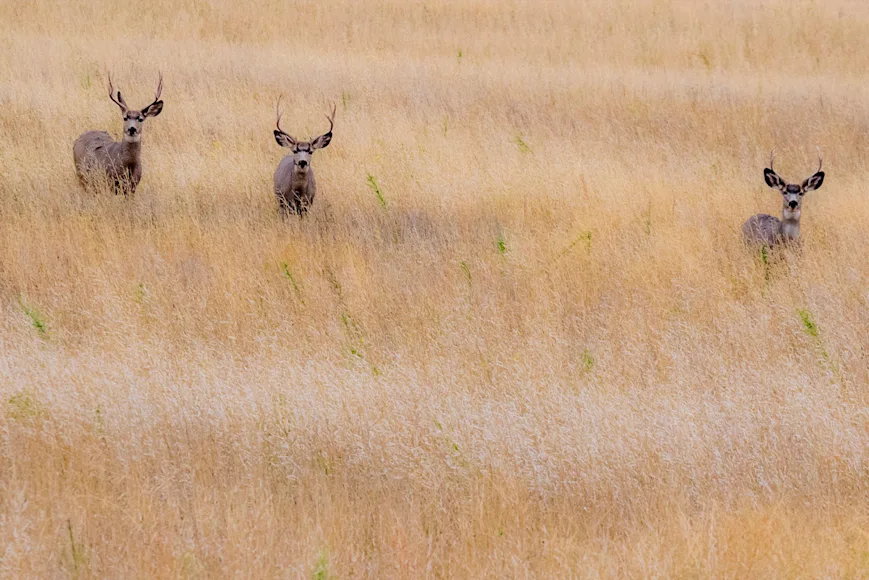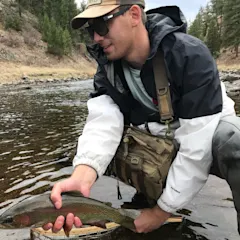The Washington Department of Fish and Wildlife (WDFW) is taking action to limit the spread of CWD in the Evergreen State. CWD, the fatal neurological disease impacting ungulates throughout much of the U.S., was first confirmed in Washington in August, 2024, after a whitetail doe was found dead near Spokane. Four additional cases were confirmed in hunter-killed whitetail bucks later that fall.
In response to the detections, officials implemented emergency rules including a localized ban on ungulate baiting and feeding and mandatory testing. On March 28, WDFW announced that broader—and more permanent—restrictions were approved by WDFW Director Kelly Susewind.
The agency banned deer, elk, and moose baiting and feeding statewide. The ban is meant to “limit the prevalence and spread of CWD by not congregating wildlife in areas where they are being fed, which can spread diseases” and also applies to hunters. The ban does not, however, apply to the WDFW’s own winter supplemental feeding programs, though the agency said it is reevaluating that practice.
Currently, WDFW maintains wintertime feeding programs for elk and other ungulates at multiple wildlife viewing areas including the L.T. Murray Wildlife Area and the Oak Creek Wildlife Area. "During winter, guided truck tours are conducted daily for the public to view elk at the Oak Creek Headquarters feeding site," the agency states on its website. "The winter elk feeding program is conducted annually to help reduce conflict between elk and neighboring agricultural land. The feed site provides an excellent opportunity to observe elk up close."
Washington is not the only Western state that feeds and therefore concentrates elk in wintertime. Wyoming, for example, came under increased scrutiny in recent months after CWD hit a state-run elk feed ground.
Other changes in the Washington rule package include mandatory CWD testing in areas where the disease has been detected and a ban on urine-based scent products. Hunters will also be required to debone their deer, elk, or moose, before transporting it across the state.
Read Next: Texas Lawmaker Tries to Defund State Wildlife Management Agency—Then Backtracks
“Limiting how harvested cervids can be transported within Washington or imported into the state reduces the chance of spreading CWD by prohibiting the movement of parts from harvested animals that may carry the contagious prions that cause CWD,” explained a WDFW spokesperson. “Scent lures derived from cervid urine or glandular materials also have the potential to contain these prions.”


